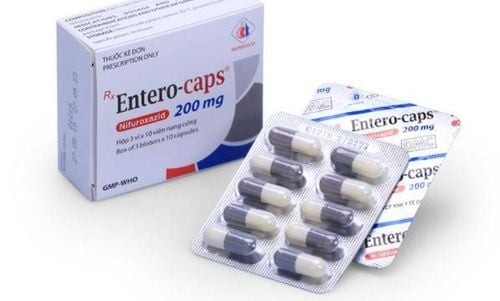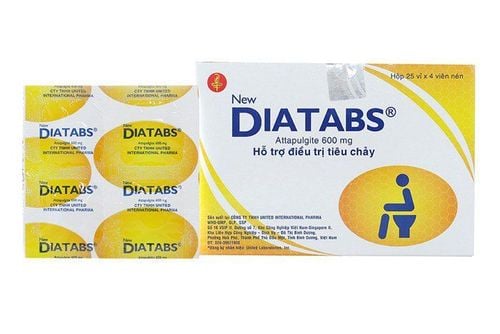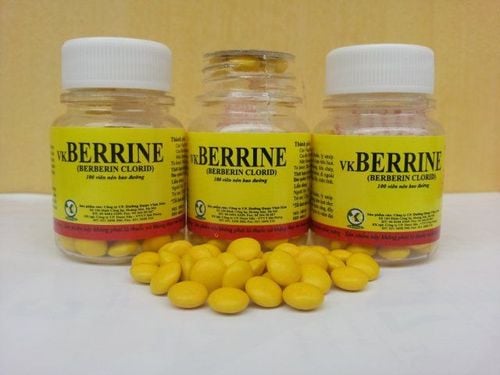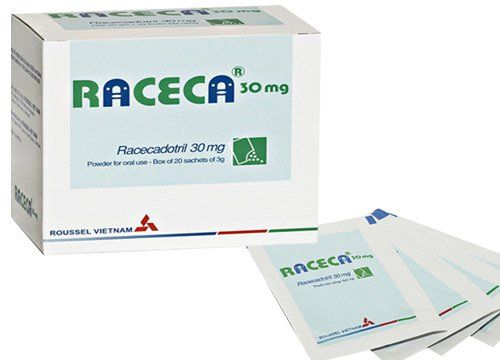This is an automatically translated article.
Posted by Doctor Bui Thu Huong - Head of Emergency, Day Treatment Unit - Pediatric Center - Vinmec Times City International HospitalAcute diarrhea is diarrhea that lasts less than 14 days, with loose stools more than 3 times/day. Without proper care, acute diarrhea can cause dehydration and electrolyte loss, which is life-threatening. Here are the causes and ways to prevent the disease.
1. Definition of acute diarrhea
Diarrhea: The passage of loose or watery stools ≥ 3 times in 24 hours.
Acute diarrhea: Diarrhea that is acute in onset and lasts no more than 14 days.
2. Causes of acute diarrhea
Acute diarrhea can occur due to major causes including:
Rotavirus is a major cause of severe and life-threatening diarrhea in children under 2 years of age. Bacteria: E.coli, Shigella, Cholera, Campylobacter Jejuni, Salmonella ... Parasites: Giardia, Cryptosporidium, amoeba Other infections: respiratory infections, urinary tract infections, Meningitis,... Acute diarrhea due to drugs, food, allergies, ...
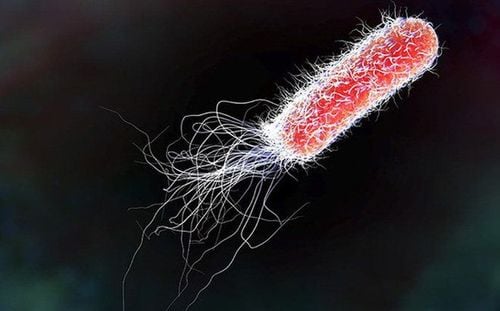
Vi khuẩn E.coli gây tiêu chảy
Favorable factors leading to acute diarrhea:
Age: 80% of children with diarrhea are < 2 years old, the highest age is from 6-18 months. Children suffering from some diseases that cause immunosuppression: Malnutrition, after measles, HIV/AIDS... Habits that increase the risk of acute diarrhea: Breastfeeding or not breastfeeding in the first 4-6 months ; Weaning too early; Contaminated food; Contaminated or uncooked drinking water; Do not wash hands before eating Season: In the summer, diarrhea caused by bacterial infections is high, in the winter, diarrhea is often caused by Rotavirus
3. How to prevent acute diarrhea in children
To proactively prevent acute diarrhea, the Department of Preventive Medicine, Ministry of Health recommends to the community:
Strengthen personal hygiene and environmental sanitation:
Regularly wash hands with soap and clean water, especially especially before eating and after going to the toilet. Each family has a hygienic latrine, without indiscriminate defecation; do not dump garbage and feces into ponds and lakes; Do not use fresh manure, untreated manure to ensure hygiene to fertilize crops. Ensure the hygiene of the house and the surrounding environment. Restrict access to epidemic areas.
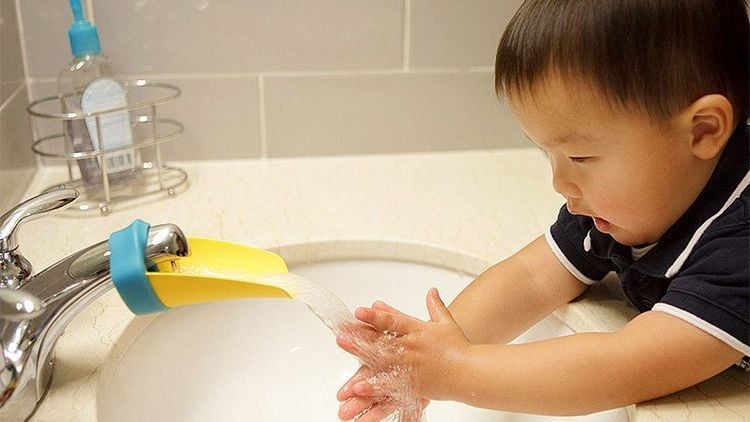
Thường xuyên rửa tay bằng xà phòng giúp trẻ phòng bệnh tiêu chảy
Ensuring food safety and hygiene:
Everyone, every family eats cooked food, drinks cooked food, doesn't drink cold water. Do not eat unprocessed and undercooked foods susceptible to bacterial contamination, raw foods such as fish salad, blood pudding, spring rolls, etc. Choose to buy food from safe, sourced, and exported food sources. Clear origin, do not use expired food. Cooked foods or leftovers, from one meal to the next, must be well preserved; if only used immediately after a short time, cover the table cage, keep it in a cool, ventilated place; If you want to keep it for a long time (several hours or more), you must put it in the refrigerator, note that the refrigerator must be cold enough. Wash your hands with soap before handling food to make sure you don't contaminate your food with germs from dirty hands. Limit gatherings and eat with many people such as funerals, anniversaries, weddings, parties... in epidemic areas.
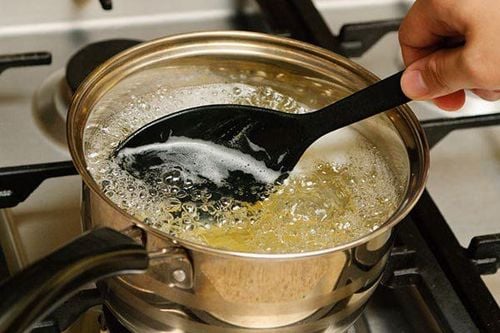
Ăn chín, uống chín giúp phòng bệnh tiêu chảy
Protecting water sources and using clean water:
Households' drinking and living water sources must be protected cleanly, covered with lids, and not allowed to dirty water sources from outside such as ponds, lakes, rivers and streams. .. flows in. In places where there is no tap water and there is an epidemic of diarrhea, all drinking water must be disinfected with chloramine B. It is forbidden to pour feces, waste, washing water and utensils of sick people into wells, ponds, lakes. , rivers, streams... Treatment when someone has acute diarrhea:
Must be taken immediately to the nearest medical facility for timely advice and treatment, do not leave the patient at home or buy self-medication Repression can be life-threatening and spread disease to families and communities.

Sử dụng vắc-xin phòng tiêu chảy cấp cho virus rota là biện pháp phòng bệnh tốt nhất hiện nay
Vaccinations Vaccines are the most effective way to prevent diarrhea to protect children's health. Currently, Vinmec International General Hospital provides a variety of vaccines for children, including the vaccine against acute diarrhea for rotavirus. To book an appointment for your baby's examination and vaccination at Vinmec International General Hospital, you can contact HERE or contact hotline 0243 9743 556 for support.
Source: Ministry of Health
MORE:
Prevention and treatment of acute diarrhea in young children Risk of dehydration shock in children due to acute diarrhea Common complications and common mistakes about acute diarrhea





